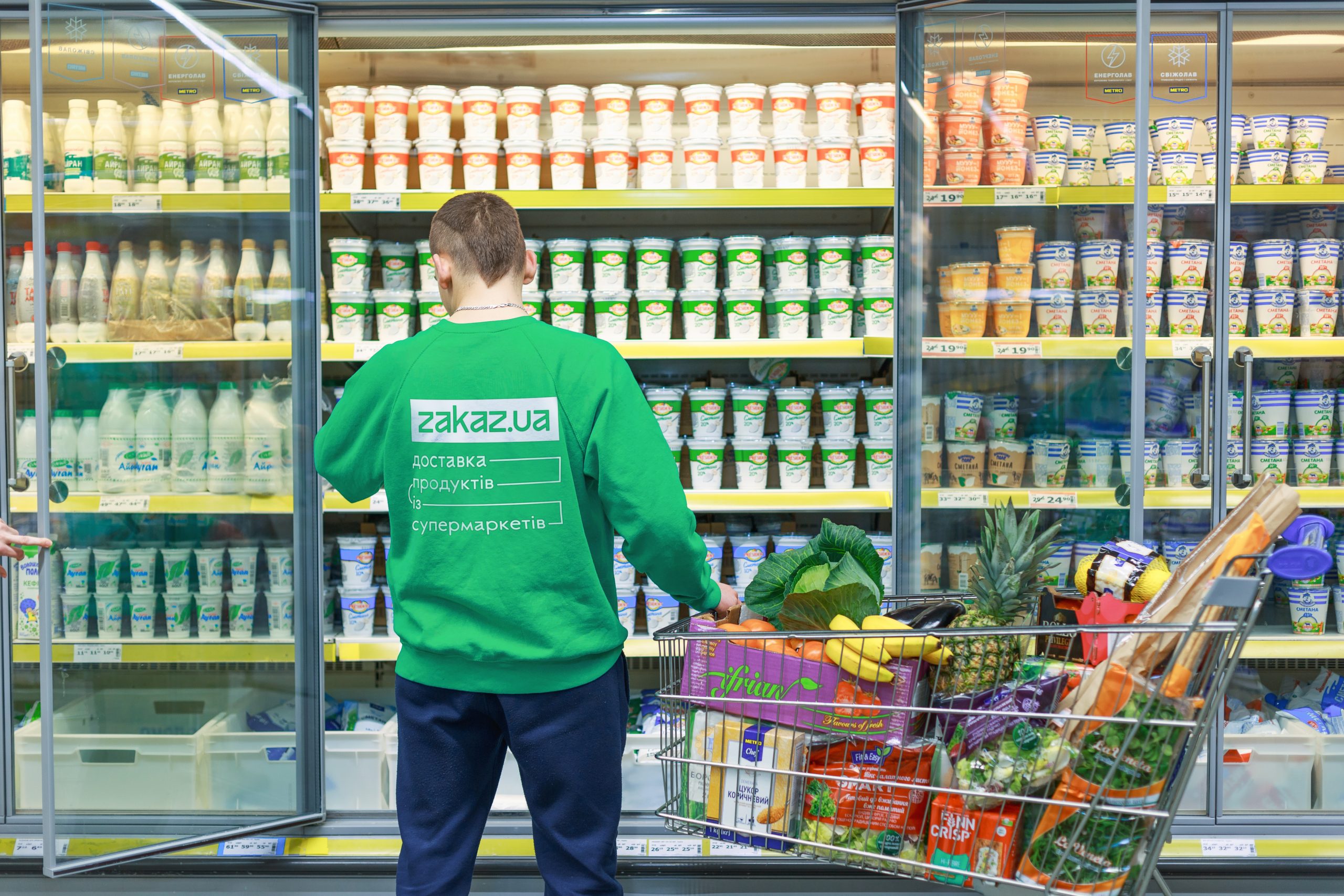Spanish food delivery service Glovo has signed an acquisition deal with the Ukraine-based grocery delivery service Zakaz.ua, Ukrainian tech media Ain.ua reported on Jan. 21.
The companies didn't disclose the acquisition cost, but according to experts' estimates, the negotiations could have started at $15-20 million and shouldn't have exceeded $50 million.
According to Ain, Glovo paid owners of the Ukrainian startup in shares and cash. Zakaz.ua's main shareholder Chernovetskyi Investment Group (CIG), reportedly, got 20% in cash and 80% in shares.
CIG is owned by Stepan Chernovetskyi, a Ukrainian investor best known for being the son of infamous former Kyiv Mayor Leonid Chernovetskyi, alleged by Ukraine's Security Service of abuse of office. Leonid Chernovetskyi allegedly resides in Georgia.
Since 2010, CIG poured nearly $15 million in Zakaz.ua, according to Ain.
For the Spanish tech giant with over $1,2 billion in funding, Zakaz.ua is a small deal. Zakaz.ua delivers food from supermarkets in Ukraine, Moldova and Uzbekistan, while Glovo operates in nearly 25 countries.
According to Chernovetskyi, Zakaz.ua was expected to receive nearly $130 million in revenue in 2021. The same year, Glovo earned over $900 million. In January 2022, German firm Delivery Hero acquired 80% of Glovo's shares valuing the company at $2,6 billion.
Despite high revenue, both Zakaz.ua and Glovo aren't profitable businesses. Oleksandr Matsuk, senior investment associate at SocialTech, told Forbes Ukraine that Glovo losses over $40 million a month. Both companies are private and don't publish financial results.
It's not unusual in the food delivery industry for companies to attract investments while losing money. Popular services like Glovo, DoorDash, GrubHub and Uber Eats attract billions of dollars from investors without making profit.
Food delivery services spend money on advertising, couriers' salaries, refunds to customers and logistics, ending up receiving only 2,5% of a customer’s overall bill, according to a Deutsche Bank analysis.
The only way they can survive the growing competition is by increasing the number of deliveries per day. The reason behind Glovo's success is the ability to rapidly expand into new markets, because of the support from big investors.
Ukrainian Zakaz.ua couldn't repeat this success. The small startup was created 10 years ago by Ukrainian tech entrepreneur Yegor Anchishkin, who left the company after it failed to enter the U.S. market.
It's not the first acquisition by Glovo.
Glovo started to acquire small delivery businesses in May 2021. Among the first purchases were local Spanish delivery Lola Market and Portuguese Mercadão.
By swallowing small companies, Glovo strengthened its position on the market and dived into the new business niche – the launch of the so-called dark stores, warehouses, or kitchens owned by delivery services that aim to replace the delivery from traditional groceries and cafes.













